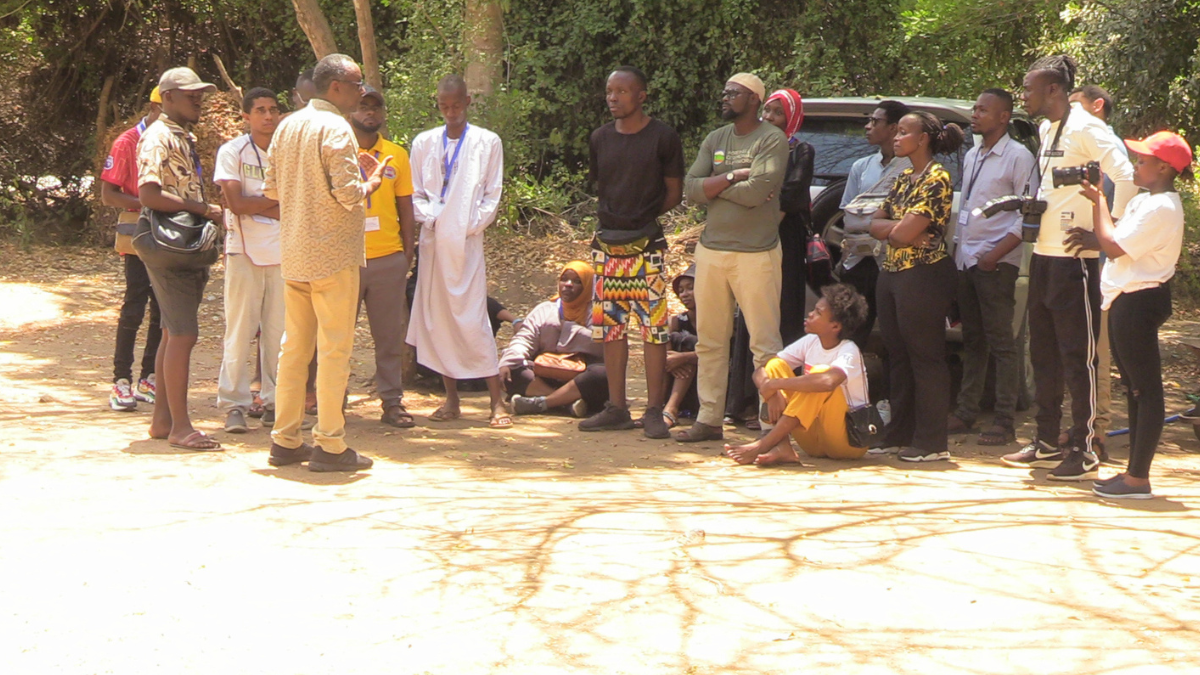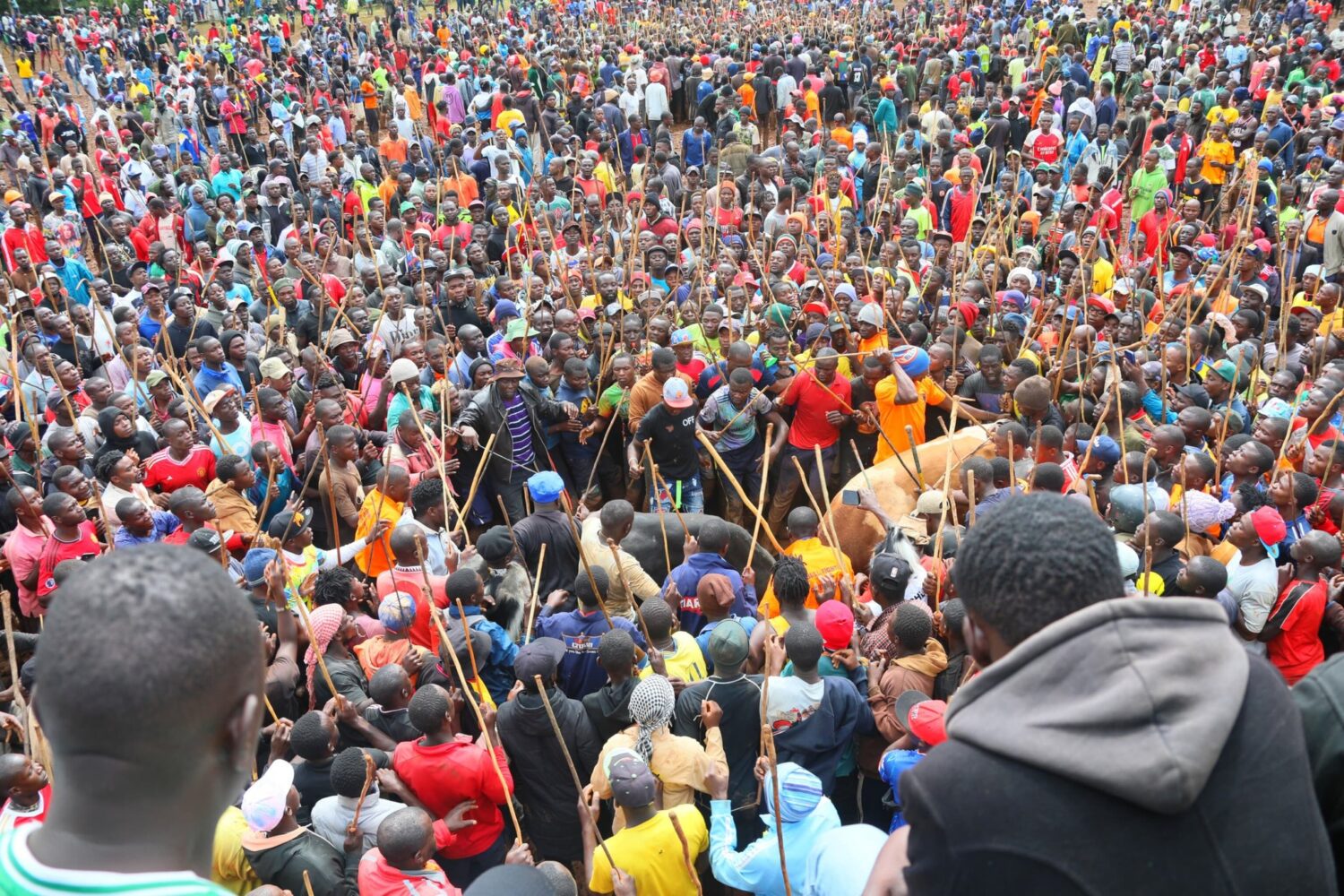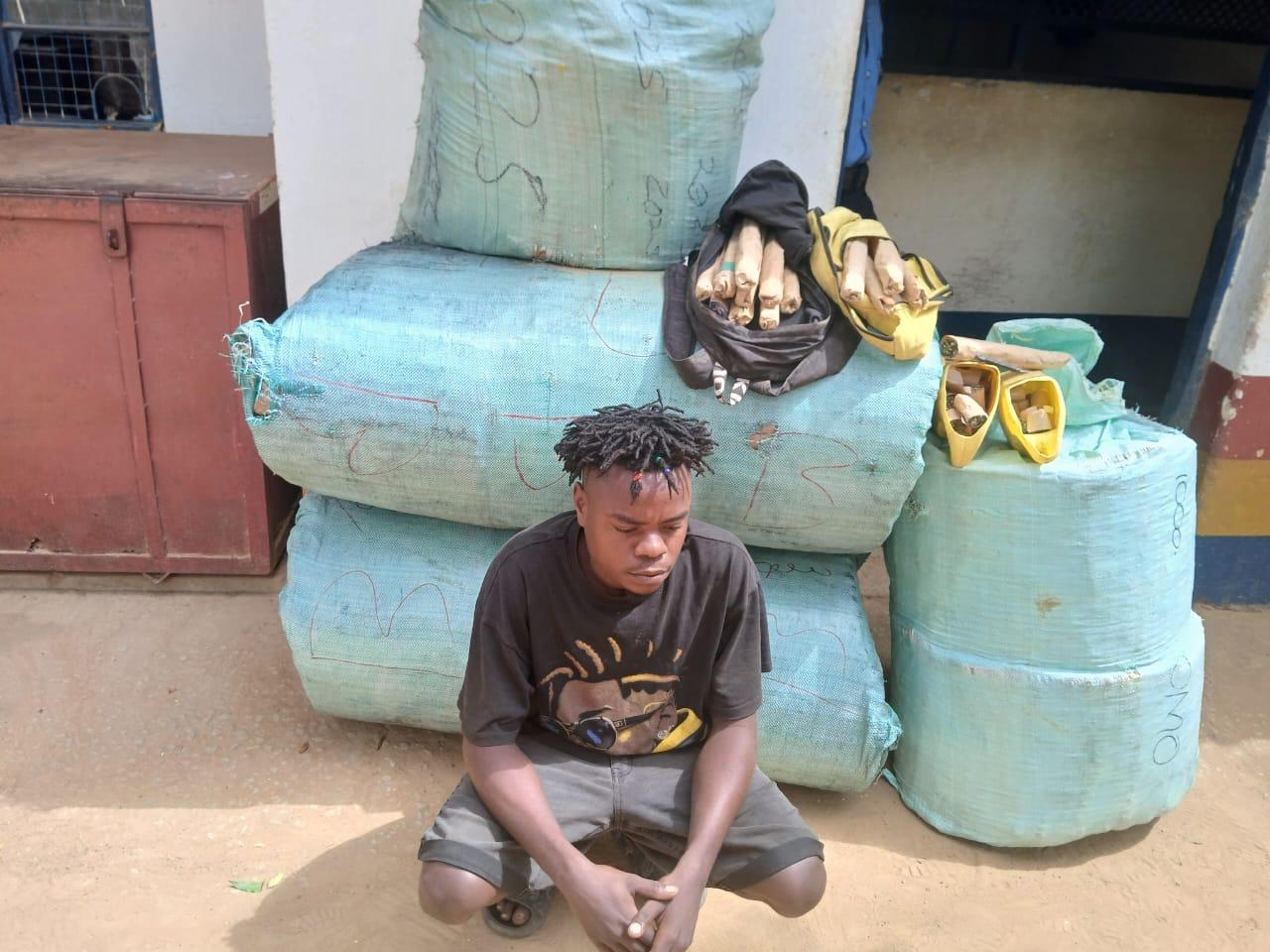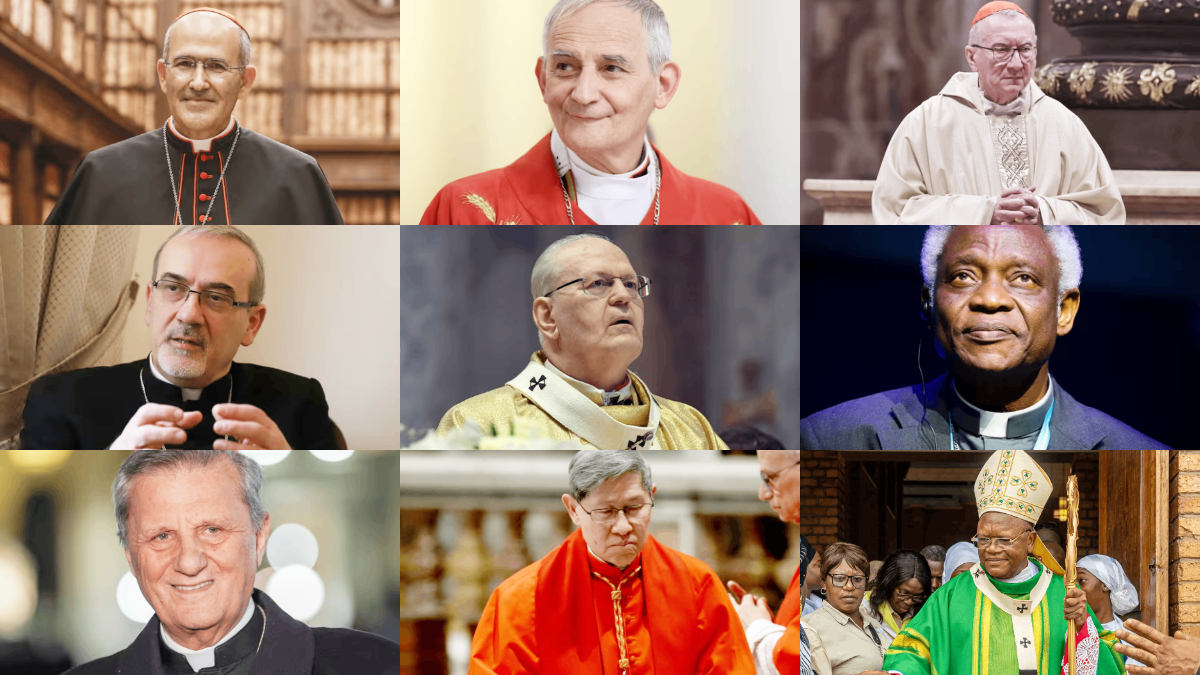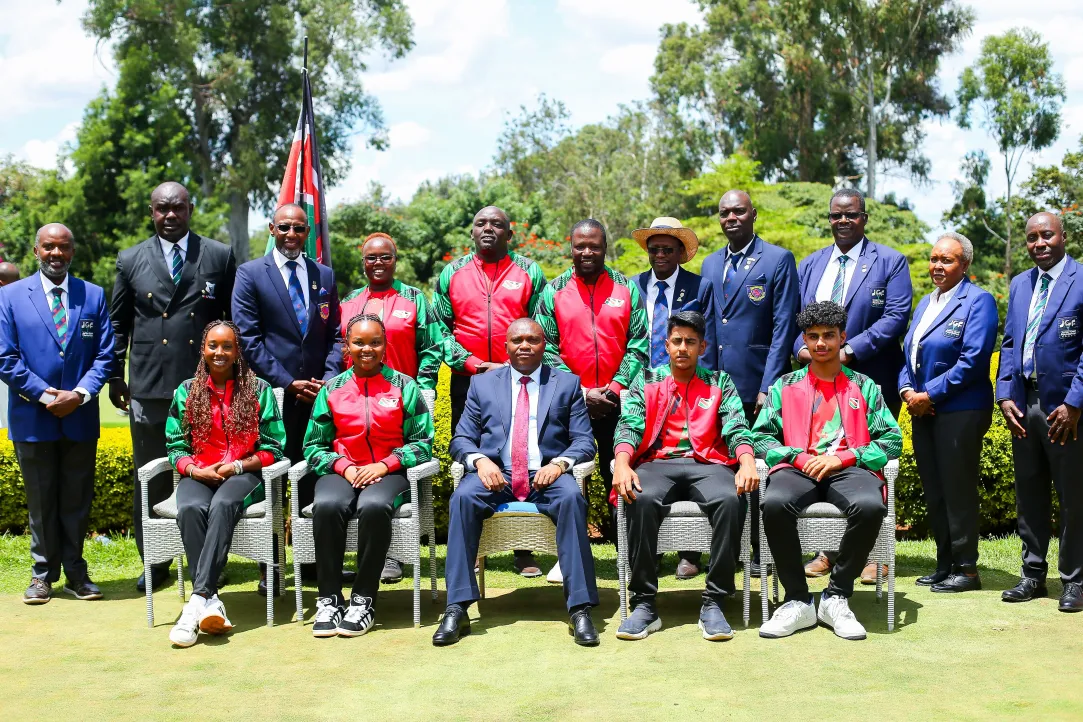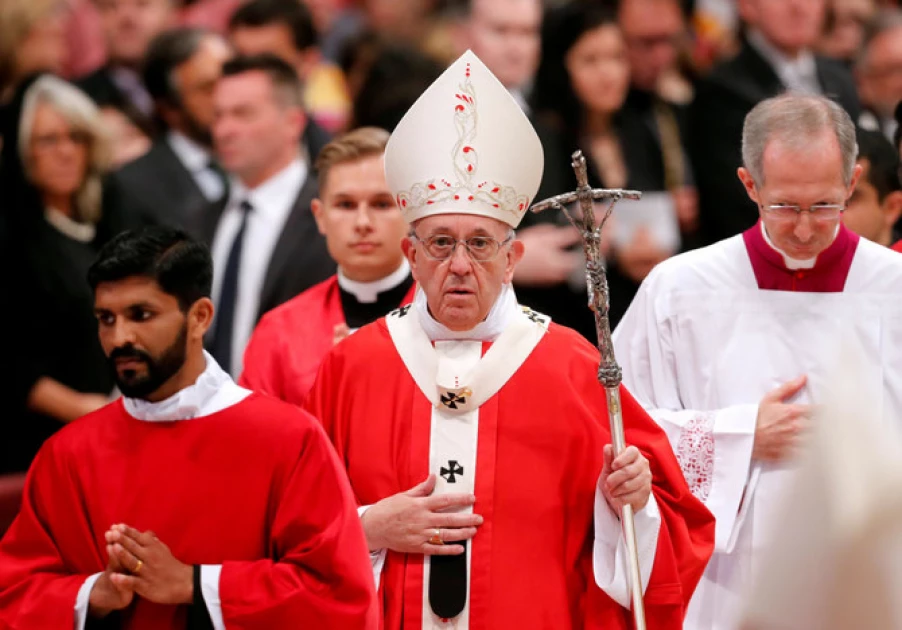The National Museums of Kenya (NMK) has partnered with a Non-Governmental Organization to train youth on Heritage literacy to enable them to benefit from the rich cultural heritage in the country.
The move seeks to encourage youth to tap into the many opportunities available in the heritage sector which has mostly been associated with old men.
Already the NMK together with ICROM have recruited 20 youths in a pilot project, who are undergoing an intense two weeks training on heritage to empower them with skills that can help them venture in start ups for both tangible and intangible heritage to generate income.
Fatma Twahir the NMK Curator of Fort Jesus Mombasa said they have formed four heritage hubs in the country in Lamu, Mombasa, Eldoret and Nairobi and are working with ICROM, a training agency under UNESCO to conduct the training.
Speaking at Gedi World UNESCO Heritage Site during a training session for the 20 youths on the opportunities available such as mangrove honey making, butterfly project among others, she said the ICROM Africa program is keen on engaging youth to appreciate and embrace heritage to earn a living from it.
“Heritage hubs are hubs in which youth will be able to incubate heritage-based entrepreneurship projects so that they can earn a living from heritage and add value to the rich heritage in the country,” she said.
In Mombasa, she said they are targeting three main areas including handicraft, underwater archaeology, and heritage programs for children in school.
Further, she said there is a component of technology to empower the youth with marketing skills so as to be innovative on heritage.
“What we are doing now is a foundation course whereby we instill knowledge about what kind of heritage we have, legal parameters and the different components of heritage which can inspire them,” she said.
Khalid Kitito Researcher on Heritage at the NMK said most youth think heritage matters are for old people only which is not the truth.
Statistics, he said indicate that only 60 percent of the youth aged between 18 to 35 have embraced heritage unlike 80 percent of old people aged between 70 to 80.
“We have seen youth crying that there are no jobs in Kenya, jobs cannot follow them because even the CBC education system is focusing on creativity, we expect the training will enable the youth to be creative and benefit from heritage,” he said.
Caesar Bita an Underwater Archaeologist from the National Museums of Kenya said there is a rich underwater heritage that remains untapped that’s why they are moving towards exploiting what is underwater.
“There is a lot that we can talk about the interactions that took place between the Kenyan coast and countries as far as Japan, the Middle East, Mediterranean region stretching back to the very early time, the roman period this coast was vibrant and these stories are not known yet,” he said.
Pricilla Msafiri, a fashion designer from Mombasa said the training has helped her learn how to embrace and utilise the heritage to get job opportunities and earn a living.
Robert Mrima an entrepreneur from Mombasa who makes products from recycled banners and billboards to make environmental friendly bags said the knowledge will help him become more innovative and produce products aligned to heritage and market them through the digital platforms.
Umi Sadik, who makes achari, a product made from mangoes, said there are so many opportunities on heritage which can help youth get income and transform their lives.


